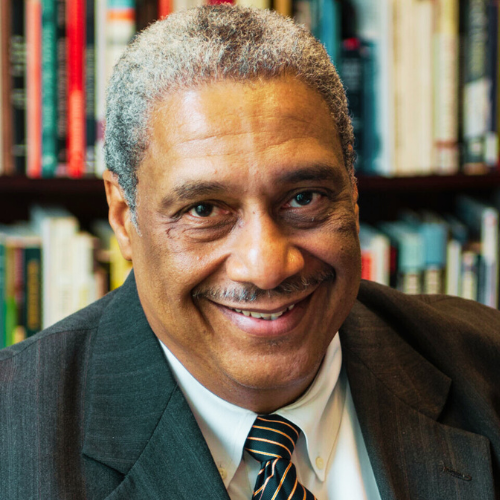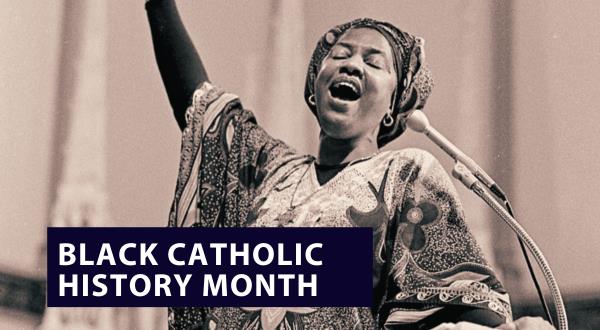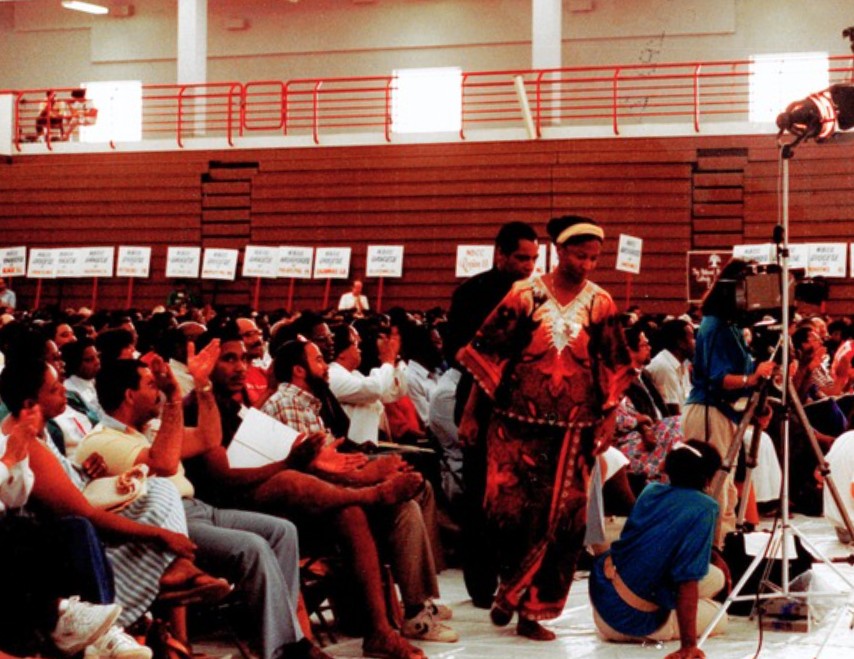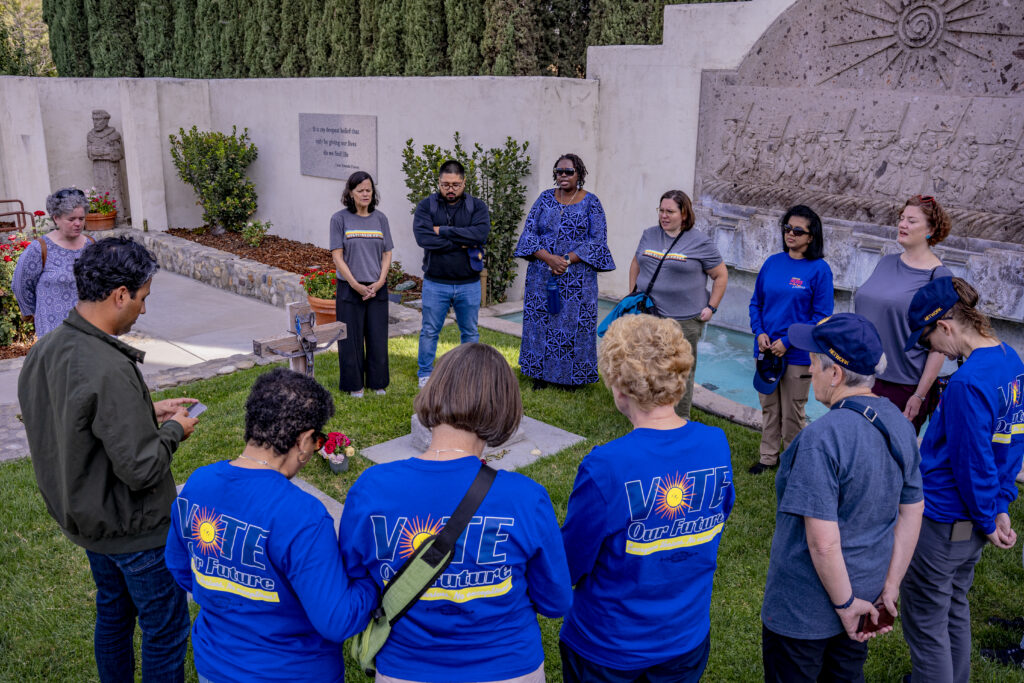Love With Action
Black Catholic History Offers Strength and Hope in Our Quest for Justice
Ralph McCloud
November 4, 2025
I met Sr. Thea Bowman a couple of times. What is there to say about meeting a living saint? It was an honor? A joy? It strengthened my faith?
Absolutely!
Meeting Sr. Thea challenged me in my mission as a baptized believer. Her 1989 address to the U.S. bishops is a landmark event in Black Catholic History in the United States, and I try to revisit it every November, if not more often.
November is Black Catholic History Month, an observance that coincides with the feast of St. Martin de Porres (November 3), and the birthday of St. Augustine (November 13). It begins with All Saints and All Souls Days, which evoke the reverence for ancestors in African history. For us, this cloud of witnesses isn’t merely watching. They inspire us, help us, and hold us accountable.
Sr. Thea still encourages me with the awareness that, in her words, a Black Catholic brings “my whole history, my traditions, my experience, my culture, my African-American song and dance and gesture and movement and teaching and preaching and healing and responsibility – as gifts to the church.”
But gifts are not always appreciated or received with grace. She also noted:
“I see it: Black people within the church—Black priests, sometimes even Black bishops—who are invisible. And when I say that I mean they’re not consulted. They are not included. Sometimes decisions are made that affect the Black community for generations and they’re made in rooms by white people behind closed doors.”
Today some of the challenges we face go beyond being ignored, to blatant racism brazenly spewed by both political leaders and influencers; the gutting of voting rights and approval of racial profiling by the Supreme Court; the erasure of slavery and Civil Rights from school textbooks; and the Trump administration’s fervent, almost gleeful rush to destroy any program intended to help promote equity and inclusion.
While the Catholic Church is among those groups that have decried the sin of racism and espoused a belief in dignity and equity for all (documented in a succession of pastoral letters by the bishops through the decades), the practical reality is often different. Racism still has a hold in the church – whether through the actions of individuals and communities or in the words, actions, or omissions of its leaders.
When Black history and the pain of Black people get buried and watered down, it is to the detriment of all believers. Gloria Purvis expressed this brilliantly in a recent essay:
“Our Catholic witness in America hangs in the balance. Church leaders can either acknowledge their grave error and work toward genuine reconciliation, or they can continue tacitly sanctifying racist speech and injustice. The choice will help determine whether American Catholicism finally confronts white supremacy or remains captured by the same moral blindness that has corrupted Christian witness in our country since its colonial origins.”
Living out our faith in the context of an imperfect church—where even the best pastoral letter tend to gather dust on shelves—might require going back to the basics, to something like the Bible, to show the way. Jesus, in his radical example, acclaimed the Good Samaritan and dined with the tax collectors and sex workers. Jesus—God incarnate—didn’t hesitate to cross lines to include those who had long been excluded from full participation in society.
Today, we have a pope who gets it. With his background that includes Black ancestors in the Caribbean, life among poor people in Peru, and the promotion of women into leadership roles, we could call Leo XIV the “DEI pope.” In his letter, Dilexi Te, Pope Leo calls us to love our marginalized neighbors with action.
“God has a special place in his heart for those who are discriminated against and oppressed, and he asks us, his Church, to make a decisive and radical choice,” the pope proclaims.
Applying our mission to our troubled world is a radical choice. And we can all work together to make justice, equity, and the fullness of human dignity come alive in our society.
Growing up Black and Catholic, my siblings and I took pride in the causes of African-American men and women advancing toward sainthood. But over time, we also wondered: when will they ever move forward on that journey? These causes are now known as “the Holy Seven,” and they include Sister Thea Bowman.
I believe we can move forward and will make progress in ways both great and small. And it is this progress, guided and cared for by the Holy Spirit, we can find the hope to persist on this long, often difficult journey toward justice.
 Ralph McCloud is NETWORK’s Senior Fellow. He previously served for 16 years as Director of the Catholic Campaign for Human Development, the domestic anti-poverty program of the U.S. Conference of Catholic Bishops.
Ralph McCloud is NETWORK’s Senior Fellow. He previously served for 16 years as Director of the Catholic Campaign for Human Development, the domestic anti-poverty program of the U.S. Conference of Catholic Bishops.












